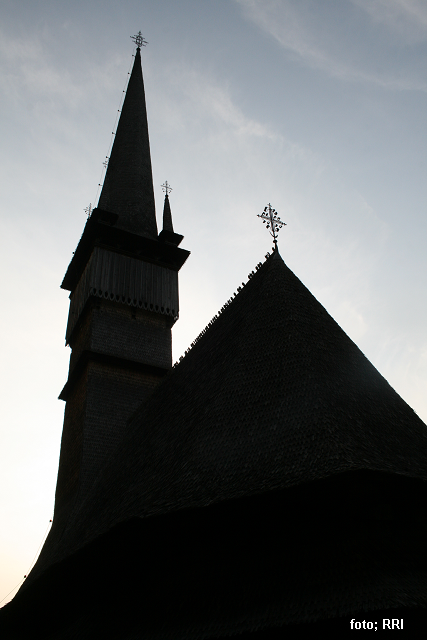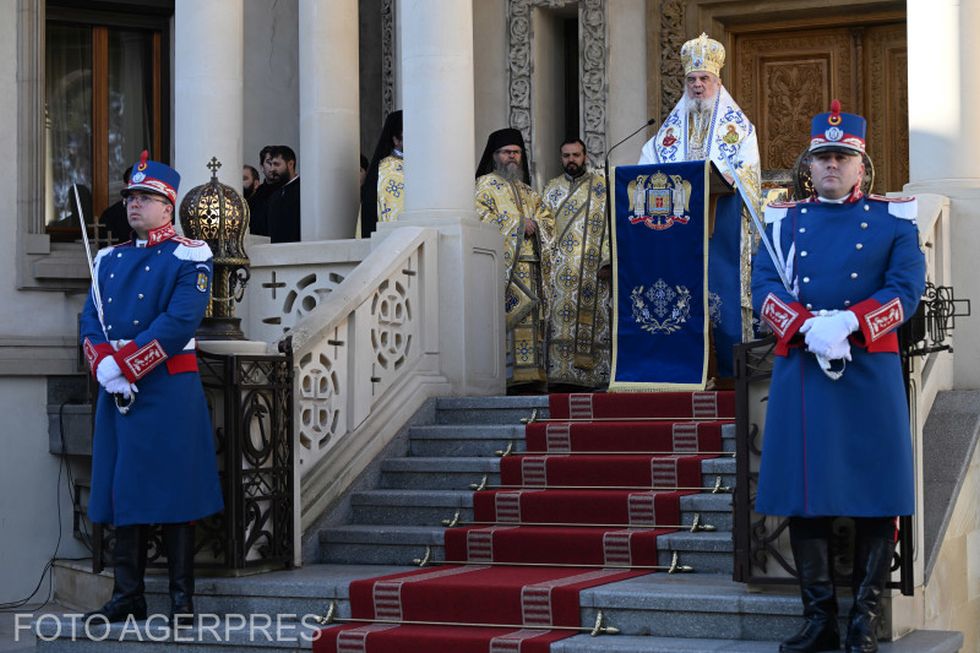Great Romanian Entrepreneurs – Dumitru Mociornita
Once the Romanian state became independent and sovereign, in the second half of the 19th century, the Romanian economy boomed

Steliu Lambru, 01.06.2020, 14:00
Once the Romanian state became independent and sovereign, in the second half of the 19th century, the Romanian economy boomed. Foreign loans helped shape the Romanian banking and loaning system, which enabled entrepreneurs to develop productive sectors of the economy. Industry in particular had preferential treatment, as the branch of the economy that had the greatest added value. This was the beginning of the development of the class of Romanian entrepreneurs, daring and smart people who put a lot of effort in creating industrial and consumption products. Some of the most successful were Max Auschnitt, Ion Gigurtu, Nicolae Malaxa, and Aristide Blank, but there were many more. Also at the top of the list we have to put Dumitru Mociornita, one of the most talented entrepreneurs early in the 20th century.
Dumitru Mociornita was born in 1885 to a regular family. His brilliant career proves that social origin matters less than innate abilities and education, as well as support from powerful people. In 1997, the Center for Oral History with Radio Romania recorded an interview with legal consultant Ionel Mociornita, Dumitru Mociornitas son, and he provided a summary of the things that led his father to success:
“My father, Dumitru Mociornita, son of a poor peasant in Tintea village, in Prahova County, fled from home after finishing four years of primary school, and returned to Romania with a degree from the Hautes Etudes Commerciales school in Paris, at the head of his class of 400. He came to see his family, and on that occasion he met my mother, the daughter of industrialist Grigore Alexandrescu, the founder of the leather and footwear industry in Romania, which he started with a small factory he started in 1862. He married my mother, and worked with grandfather until 1932, and then he felt inspired, and got a loan from the General Bank of Wallachia, with help from Vintila Bratianu and his father in law, Gargaran, and bought a plot of land, two hectares, close to Bucharest, where they had found mineral springs. He drained the springs, and built this imposing facility, the Dumitru Mociornita factories, with many kinds of products, footwear, clothing, leather, travel gear, etc.”
In 1923, Dumitru Mociornita founded the eponymous footwear factory on a plot of land on the outskirts of Bucharest. Leasing equipment from Germany and the UK, Mociornita raised his sons to follow in his managerial role from a young age. Here is Ionel Mociornita once again:
“When I was 11 years old, along with my brother, we started to learn the trade. Every day, from 2 PM to 6PM, when we returned home, we did our homework, but this is how we learned the trade top to bottom. Father had a motto, you cant expect from a man to do what you are unable to. I think he was right. This means that we didnt have a childhood, especially since during summers, when we were supposed to breathe the air in Predeal or Eforie, where we had a villa, he was sending us abroad, at leather factories, and that is how I got to work in Freiburg or Grenoble, among other places, to hone our trade. I went through all the stages of the trade, and we sustained an exam with the trade unions to become apprentices.”
The Mociornita leather products were much appreciated. With the advent of the communist regime after 1945, everything changed for Romania, therefore for Dumitru Mociornita too. On June 11, 1948, his factory was confiscated by the Communist regime, after the official press attacked him for years, accusing him of being an Iron Guard sympathizer. Ionel Mociornita insisted on rejecting these accusations, recalling an event from the times of the Iron Guards rule:
“Industrialist Mociornita was a Liberal, and stopped getting involved in politics, even though he got countless proposals from I. G. Duca and Gheorghe Tatarescu to be a minister. To his dismay he found himself appointed a senator during the dictatorship of King Carol II, which started in 1938. There was nothing he could do, but he forbade us to utter the kings name in our home. He was admired by the Iron Guard, and I have to admit, when Corneliu Codreanu, the head of the Iron Guard, was making speeches, he would provide my father as an example, he kept saying that we will be a free Romania when we will be like industrialist Dumitru Mociornita. Father did not know Codreanu, he had never met him. When the Iron Guard and Antonescu came to power, an engineer from Sibiu came to him and told him: Mr. Mociornita, the Iron Guard movement sent me to Romanize the factory. And, right in front of 40 employees, father turned him around and threw him out the door. That was his relationship with the Iron Guard.”
Dumitru Mociornita refused to leave the country when the Communists came. He had his estate confiscated, his two sons put in jail, and, gravely ill, he passed away in 1953 at the age of 68.






























